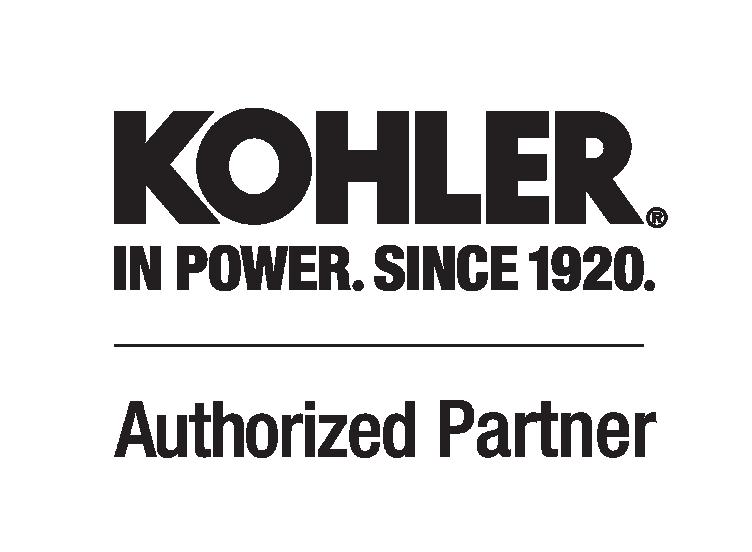
3 minute read
NEWSLINE
CEQ Releases Final Rule on National Environmental Policy Act
On April 19, the Council on Environmental Quality announced its final rule revising the implementation regulations of the National Environmental Policy Act, which will cause needless delays for small businesses and increase costs for taxpayers. Under former President Trump, CEQ issued an ABC-supported 2020 final rule that modernized the federal environmental review process and provided a coordinated, predictable and transparent method to streamline permitting under NEPA.
Following the release of the rule, ABC issued the following statement:
Unfortunately, the Biden administration’s rulemaking reverses the much-needed efforts of the previous administration to update and streamline the federal environmental review and permitting process. Modernizing this process would be a bipartisan win, as both sides of the aisle have long identified the need for faster, more efficient permitting. While Congress recently passed legislation providing an unprecedented investment in our nation’s infrastructure, including language specifically calling for streamlined environmental review, today’s rulemaking will delay the completion of these critical projects and increase costs for the construction industry and taxpayers without providing meaningful environmental benefits. The new rule makes the following changes to the 2020 NEPA rules:
1. Restores the requirement that federal agencies evaluate all the relevant environmental impacts of the decisions they are making; 2. Restores the full authority of agencies to work with communities to develop and analyze alternative approaches that could minimize environmental and public health costs; and 3. Establishes CEQ’s NEPA regulations as a floor, rather than a ceiling, for the environmental review standards that federal agencies should meet.
The final rule has an effective date of May 20, 2022. Federal agencies now have until Sept. 14, 2023, to implement the changes outlined above into their NEPA regulations.
Previously, ABC filed comments with a coalition of stakeholders to CEQ in response to its notice of proposed rulemaking. The coalition urged CEQ to retain several provisions of the 2020 final rule, which provided needed clarity and maintained consistency with the original 1978 NEPA rulemaking and decades of case law. Additionally, the coalition expressed concerns that the proposed revisions would hinder NEPA’s goal of more informed agency decisions. Unfortunately, CEQ ignored these concerns and left the proposed rule largely unchanged in its final rulemaking. The only significant change to the proposed rule is to add language specifying that environmental impacts that agencies consider must be “reasonably foreseeable.” This change, which ABC advocated for in the coalition comments, provides some limitations on environmental impacts federal agencies can consider. Overall, the final rule will have a negative impact on the environmental review process and likely lead to increased delays.
This rule is the first step of a two-step process to revise the 2020 NEPA regulations. While phase one will implement a narrow set of changes to the NEPA regulations, phase two will propose broader changes to the final rulemaking.
ABC has supported legislative and regulatory efforts to modernize and create a more efficient NEPA review process, including support for H.R. 2515, the BUILDER Act and S.717, the UNSHACKLE Act. In March 2021, ABC joined dozens of members of the Unlock American Investment Coalition in calling on Congress to improve and modernize the federal permitting process under NEPA.
OSHA Announces Enforcement Program to Identify Employers Failing to Submit Injury and Illness Data
On April 5, the U.S. Department of Labor’s Occupational Safety and Health Administration announced that it is starting an enforcement program that identifies employers who failed to submit Form 300A data through the agency’s Injury Tracking Application. The enforcement program will begin in early April and was developed in response to recommendations from the Government Accountability Office to improve reporting of summary injury and illness data.
Establishments with 250 or more employees currently required to keep OSHA injury and illness records, and establishments with 20-249 employees classified in specific industries with historically high rates of occupational injuries and illnesses are required to electronically submit information from their OSHA Form 300A. This year, covered establishments were required to submit information from their completed 2021 Form 300A by March 2.
According to OSHA’s release, “The program matches newly opened inspections against a list of potential non-responders to OSHA’s collection of Form 300A data through the ITA and reports all matches to the appropriate OSHA area office. If the area office determines that the establishment on the list is the same establishment where the inspection was opened, OSHA will issue citations for failure to submit OSHA Form 300A Summary data.”
The release further states, “In addition to identifying non-responders at the establishment level, the agency is also reviewing the 2021 submitted data to identify non-responders at a corporate-wide level. This corporate level review is being conducted for the nation’s largest employers.”





